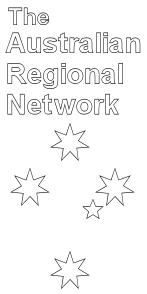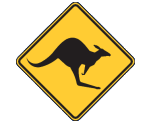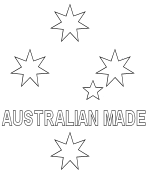Bourke Local History
Bourke is a town in the western region of New South Wales, Australia. It is located on the banks of the Darling River, about 800 kilometers from Sydney. The town was founded in 1861 and has a rich local history that dates back to pre-colonial times. In this article, we will take a look at the local history of the Bourke region. The area around Bourke has been inhabited by Indigenous Australians for thousands of years. The local Indigenous people are the Ngemba, the Barkindji, and the Murrawarri. The Ngemba people were the traditional owners of the land where Bourke is located. They lived a semi-nomadic lifestyle and relied on hunting, fishing, and gathering for their survival. They had a deep connection to the land and its natural resources, which they respected and protected. The first Europeans to explore the Bourke region were the British explorers Charles Sturt and Thomas Mitchell in the 1830s. They were searching for an inland sea and found the Darling River instead. The first settlement in the area was made in 1835 when a party of settlers led by James Macpherson established a station near the present-day town of Brewarrina, about 100 kilometers downstream from Bourke. In 1859, the New South Wales government decided to establish a new town at the crossing of the Darling River at North Bourke. The town was named after Sir Richard Bourke, the Governor of New South Wales from 1831 to 1837. It was intended to be a regional center for the surrounding pastoral districts and a port for river trade. The first sale of town lots was held in 1861, and the town quickly grew as a center of commerce and administration. Bourke became famous as a center of the sheep and cattle industry in the late 19th century. The vast pastoral properties that surrounded the town were among the largest in the world. The local economy was based on wool production, and the town had a large wool store and a wool scouring plant. The discovery of gold in the nearby town of Gulgong in 1870 also brought prosperity to Bourke, as it became a center for gold buyers and suppliers. With the growth of the town, came the need for infrastructure. In 1888, Bourke was connected to the railway network that linked it with Sydney and other major cities. This improved transport links, and irrigation schemes allowed the expansion of agriculture. Despite economic growth, Bourke was also infamous for harsh living conditions, including droughts, floods, disease, and isolation. The town was prone to devastating floods, which caused much destruction and loss of life in 1890, 1891, 1912, 1950, and 1976. Despite the challenges, Bourke continued to prosper in the 20th century. The town became a regional center for education, health, and services, and the population grew steadily. In the 1980s, a new industry emerged in Bourke, tourism. The town became a popular destination for people interested in outback life, Indigenous culture, and the natural environment. The restored historic buildings, including the Court House and the wharf, and the natural wonders, including the nearby Mount Oxley, attracted visitors from around the world. Today, Bourke is a vibrant and multicultural town with about 2,500 residents. It is a center for agriculture, tourism, and services. The local economy is based on wool, cotton, cattle, and tourism. The town has a hospital, a school, a TAFE campus, and a range of shops and businesses. It is also the administrative center of the Bourke Shire Council. The town hosts several annual events, including the Back O'Bourke Exhibition, the Pig Races, and the Kidman Way Christmas Light Parade. In conclusion, the local history of Bourke is a rich tapestry of Indigenous culture, early exploration, pastoralism, gold mining, water management, transportation, and tourism. The town has faced many challenges over the years, but it has also shown resilience and innovation. Bourke is an important part of the Australian outback, and its history is a testament to the human spirit of survival and adaptation.


















